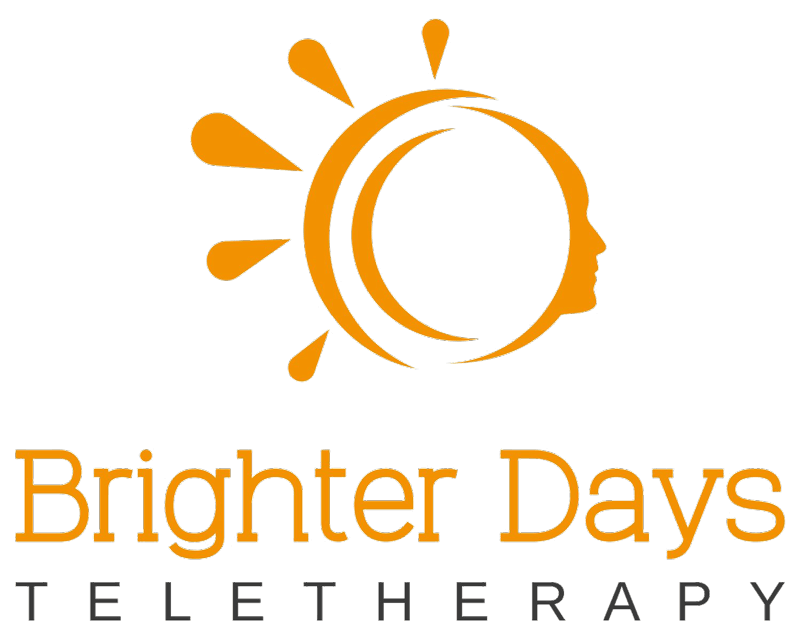Thoughts from a therapist…
A Blog
If you find yourself struggling with various family dynamics, low motivation, depression, anxiety, low self esteem reach out today and find out how therapy can help.
Understanding and Healing from Early Attachment Trauma
Healing from early attachment trauma is a challenging but profoundly rewarding journey. The long-term effects of such trauma can be debilitating, impacting relationships, emotional regulation, and overall mental health. However, with the right therapeutic support, particularly from a therapist specializing in early attachment trauma and attachment-focused EMDR, individuals can process their trauma, develop healthier emotional responses, and build fulfilling, secure relationships.
EMDR and Depression: Understanding the Role of Attachment Trauma
When we think of depression, often we picture someone who's feeling down and out, maybe a bit 'off.' But what if I told you that the roots of depression often run much deeper and can be traced back to our earliest bonding experiences? Yes, we're talking about those infant days, long before you had to worry about paying bills or what to post next on Instagram. This is where the concept of attachment trauma comes into play, and believe it or not, it can significantly contribute to depression in adulthood. Let's unravel this puzzle and see how Eye Movement Desensitization and Reprocessing (EMDR), particularly the attachment-focused variant, can help us tackle these deep-seated issues.
Navigating Anxiety with EMDR: Healing from Attachment Trauma
Let's face it, anxiety can be like that uninvited guest who crashes your party, eats all your snacks, and just won't leave. But what if this party crasher has been lingering since your childhood days? Often, the roots of our adult anxiety stretch back to our early experiences, specifically to those all-important attachment relationships. Yes, I'm talking about those days when your biggest worry was whether you'd get an extra scoop of ice cream. But hey, let's dive a bit deeper and see how Eye Movement Desensitization and Reprocessing (EMDR) therapy can help send this persistent gatecrasher packing.
Is it just me…or is it my trauma?
What is complex trauma and how does it show up in your life?
What the Heck is EMDR and How Can It Help Me?
Helping your brain get unstuck from trauma.
EMDR stands for Eye Movement Desensitization and Reprocessing. Research has proven that EMDR is a successful treatment for trauma, anxiety, depression, and behavioral disorders. Maybe you’ve been curious about EMDR or you recently learned about it while watching Oprah interview of Prince Harry. If you have suffered a traumatic event, whether you can recall the details or not, EMDR may be the therapy that can finally provide you relief from the triggers that send your mind and body back into survival mode.






